Choosing the right fertilizer is crucial for promoting healthy growth, vibrant blooms, and disease resistance in your rose garden. Understanding the various types of rose fertilizers available allows you to tailor your feeding regimen to the specific needs of these beautiful flowering plants. Explore the different types of rose fertilizers and their applications to nurture a flourishing and stunning rose garden.



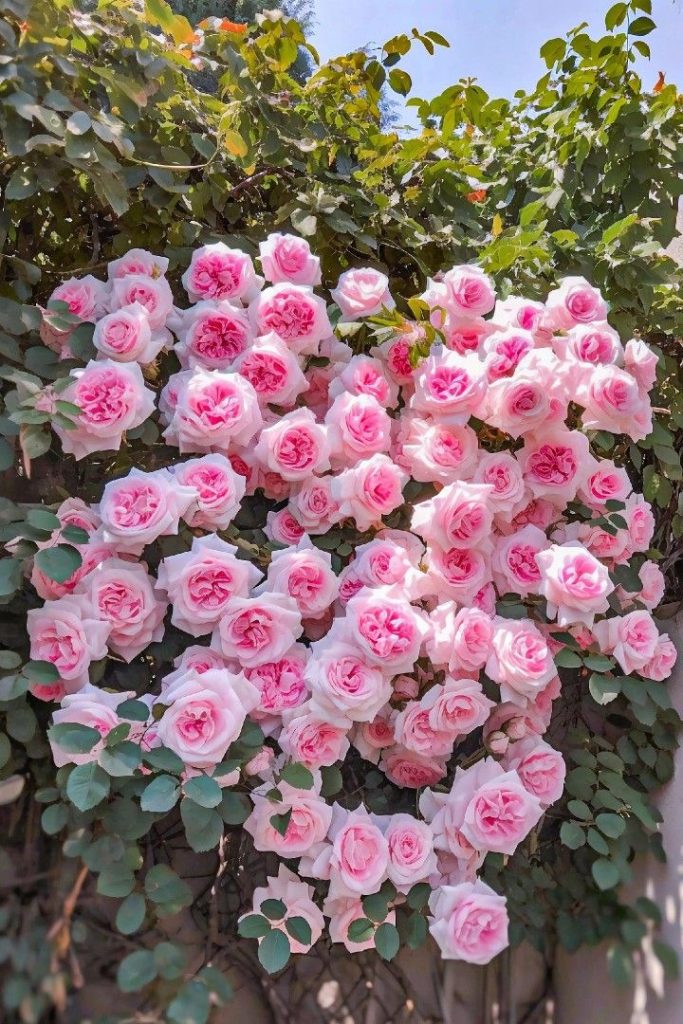
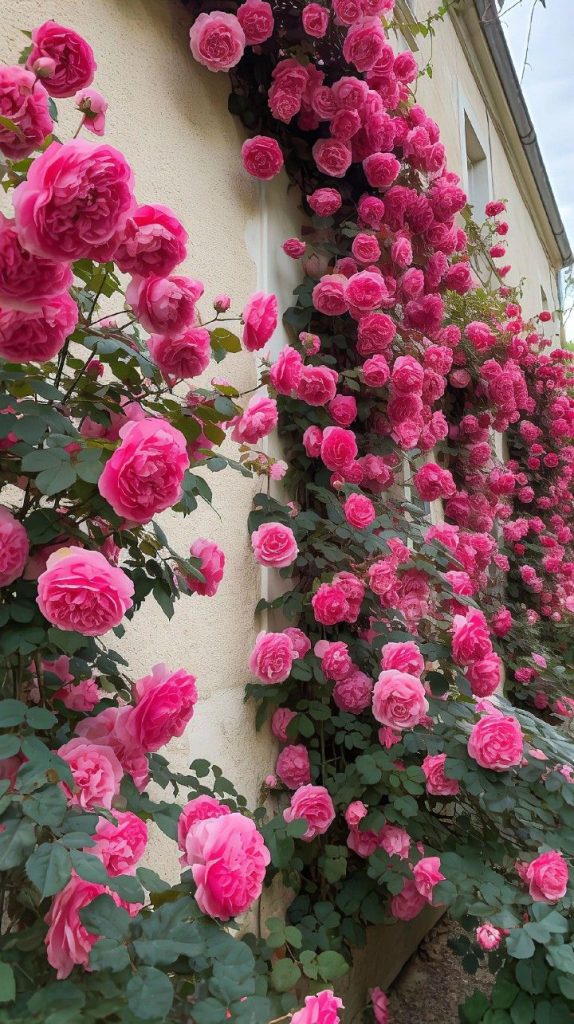
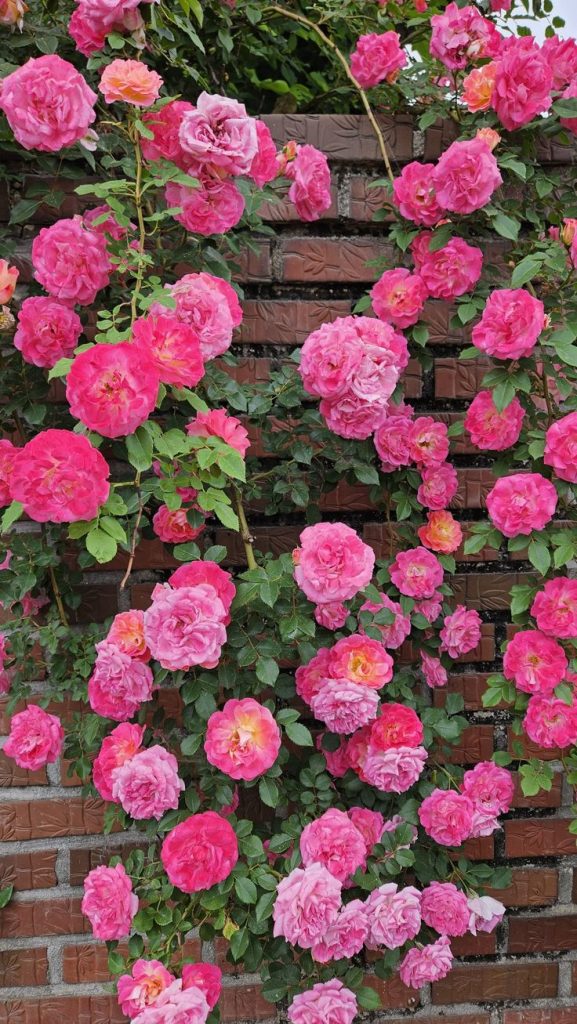

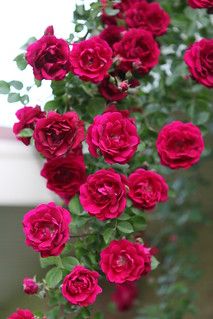
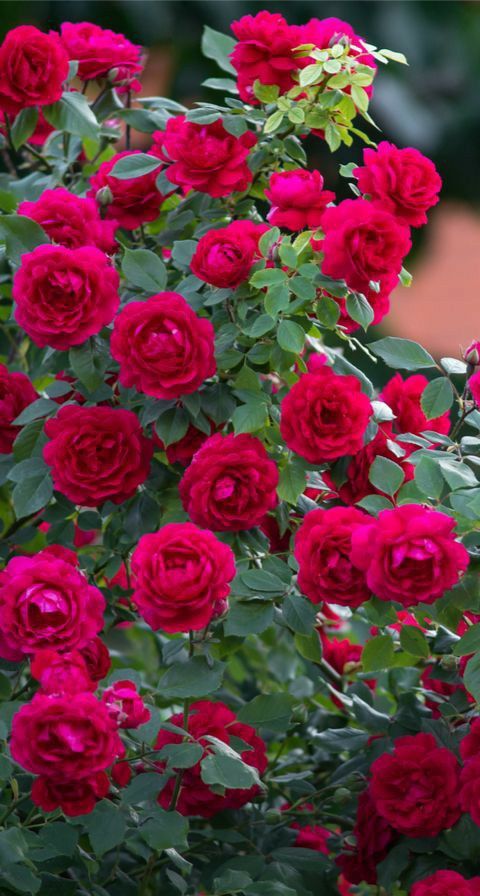
**1. *Granular Fertilizers: Slow-Release Nutrients*
Tip:
- Slow-Release Formulas:
- Granular fertilizers release nutrients gradually over an extended period. They provide a steady supply of essential elements, promoting sustained growth and flowering.
Tip:
- Balanced N-P-K Ratios:
- Look for granular fertilizers with balanced nitrogen (N), phosphorus (P), and potassium (K) ratios, such as 10-10-10 or 14-14-14, suitable for overall rose health.
Tip:
- Application Frequency:
- Apply granular fertilizers during the growing season, typically in spring and early summer. Follow package instructions for proper application rates.
2. Water-Soluble Fertilizers: Quick Nutrient Uptake
Tip:
- Quick Nutrient Availability:
- Water-soluble fertilizers dissolve quickly in water, providing immediate nutrients to the roses. They are ideal for addressing specific nutrient deficiencies or providing a rapid boost.
Tip:
- Regular Feeding Schedule:
- Use water-soluble fertilizers every 2-4 weeks during the growing season. This frequent application helps meet the roses’ high nutrient demands for continuous flowering.
Tip:
- Balanced Formulas:
- Opt for balanced water-soluble fertilizers with equal or similar N-P-K ratios. Ensure proper dilution to avoid over-fertilization.
**3. *Organic Fertilizers: Natural Nutrient Sources*
Tip:
- Slow Release from Organic Matter:
- Organic fertilizers, derived from natural sources, release nutrients slowly as they break down. They improve soil structure and foster a beneficial microbial environment.
Tip:
- Compost and Well-Rotted Manure:
- Incorporate compost and well-rotted manure into the soil around your roses. These organic amendments enrich the soil with a variety of nutrients.
Tip:
- Organic Rose Fertilizer Blends:
- Choose specialized organic rose fertilizers that combine ingredients like bone meal, blood meal, and kelp meal. These blends provide a balanced nutrient profile.
**4. *Liquid Fertilizers: Quick and Easy Application*
Tip:
- Convenient Application:
- Liquid fertilizers, available in concentrated forms, offer a convenient and quick application method. Dilute them in water and apply directly to the soil around the roses.
Tip:
- Foliar Feeding:
- Liquid fertilizers can also be used for foliar feeding, where nutrients are sprayed directly onto the leaves. This method facilitates rapid nutrient absorption.
Tip:
- Regular Feeding Routine:
- Include liquid fertilizers in your regular feeding routine, especially during the growing season. Follow package instructions for dilution ratios.
**5. *Specialized Rose Fertilizers: Tailored Formulations*
Tip:
- Rose-Specific Formulas:
- Some fertilizers are specifically formulated for roses, addressing their unique nutritional requirements. These blends often include additional micronutrients beneficial for rose health.
Tip:
- Incorporate Micronutrients:
- Choose rose fertilizers that contain micronutrients like iron, magnesium, and manganese. These elements contribute to vibrant blooms and overall plant vitality.
Tip:
- Follow Package Guidelines:
- When using specialized rose fertilizers, adhere to the manufacturer’s guidelines for application rates and frequency. Tailor feeding to your specific rose varieties.
Conclusion
Selecting the right type of fertilizer for your rose garden depends on factors such as nutrient requirements, application preferences, and your gardening philosophy. Whether you choose granular, water-soluble, organic, liquid, or specialized rose fertilizers, maintaining a consistent feeding schedule is key to ensuring your roses receive the nutrients they need for optimal health and beauty. Experiment with different types and observe how your roses respond to determine the most effective fertilization approach for your garden.
FAQs
- Can I use general-purpose fertilizers for roses?
- Yes, you can use general-purpose fertilizers with balanced N-P-K ratios for roses. However, specialized rose fertilizers may provide additional micronutrients tailored to their specific needs.
- How often should I fertilize my roses?
- The frequency of fertilization depends on the type of fertilizer used. Granular fertilizers may be applied in spring and early summer, while water-soluble and liquid fertilizers can be used every 2-4 weeks during the growing season.
- Should I fertilize roses in the winter?
- It’s generally not necessary to fertilize roses in the winter, as they are in a dormant state. Resume fertilization in early spring as the plants begin active growth.
- Can I mix different types of fertilizers for roses?
- Yes, you can mix different types of fertilizers